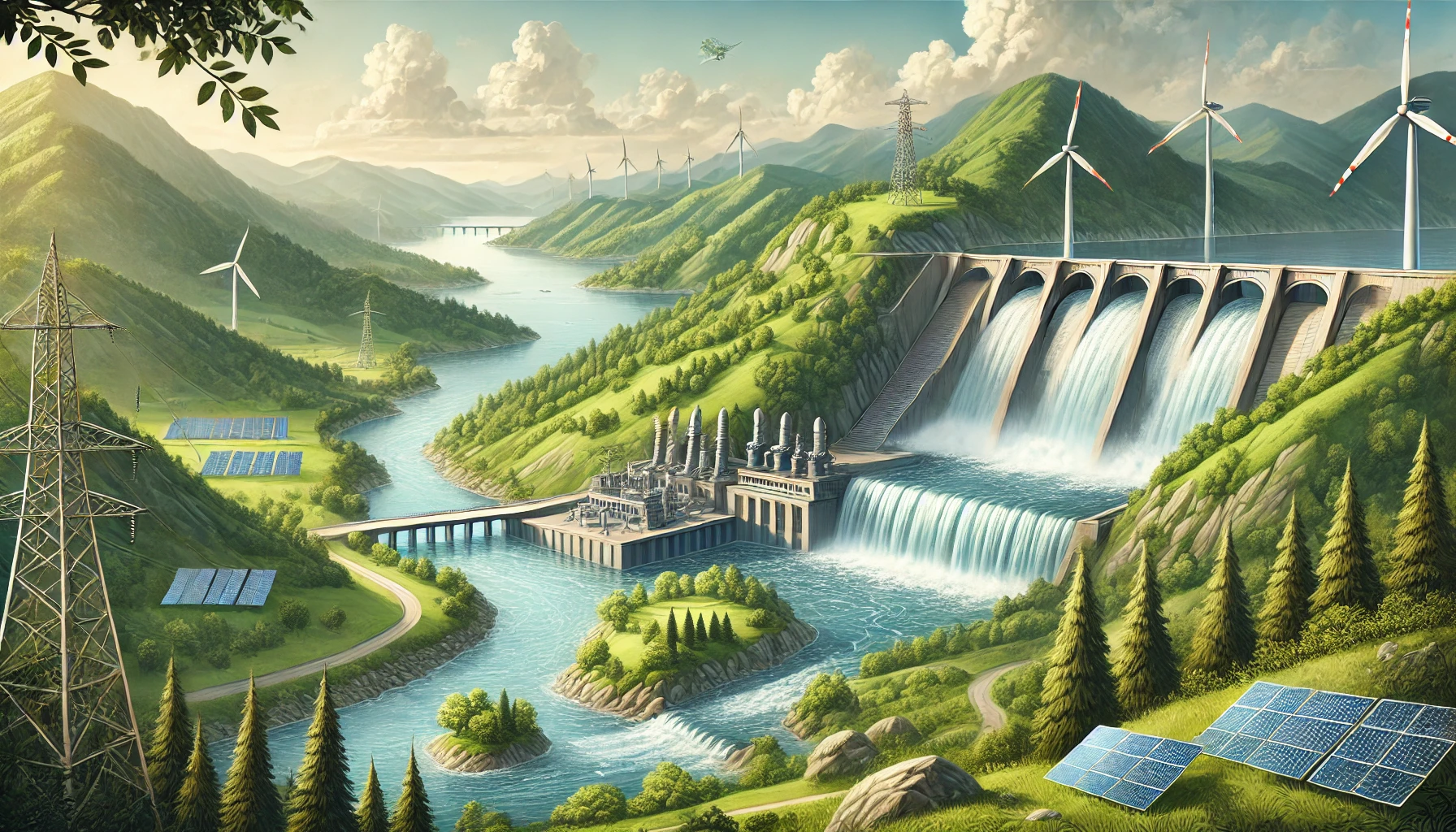The COP29 Declaration on Water for Climate Action, issued by the Azerbaijan Presidency, highlights water's pivotal role in combating climate change and achieving the Sustainable Development Goals (SDGs). The declaration was launched alongside the Baku Dialogue on Water for Climate Action, aiming to ensure water remains a key focus in global climate policies while promoting collaboration at international, regional, and local levels.
"Water is not just a victim of climate change but a vital solution," said COP29 President Mukhtar Babayev. Addressing an alarming trend, Babayev noted the shrinking Caspian Sea and biodiversity degradation, emphasizing the need for integrated water management.
Ko Barrett, WMO Deputy Secretary-General, stressed water's role in climate mitigation, including renewable energy and green technologies, describing the green energy transition as "a thirsty business."
The declaration outlined actionable steps:
Foster Dialogue and Partnerships: Strengthen international cooperation for managing water resources.
Enhance Scientific Research: Investigate the impacts of climate change on water ecosystems.
Integrate Water into Climate Policies: Promote policies addressing water-related challenges, from biodiversity loss to pollution and desertification.
The Global Water Crisis: Urgent Need for Action
WMO’s State of Global Water Resources report paints a dire picture:
Rivers and Glaciers: 2023 recorded the driest rivers globally in over three decades and the largest glacier mass loss in 50 years.
Access to Water: 2.2 billion people lack safe drinking water, while 4 billion live under water-stressed conditions.
Economic Risks: Climate-related water impacts could slash global GDP by up to 18% by mid-century without mitigation measures.
Baku Dialogue and WMO’s Role
The Baku Dialogue will be a platform for sustained collaboration, spearheaded by WMO and the UN Environment Programme, ensuring water remains central to climate discussions. WMO plans to:
Expand water monitoring and data-sharing systems.
Bolster early warning systems to mitigate water-related disasters.
Advocate for increased funding to build resilient communities.
National Meteorological and Hydrological Services will play a crucial role in integrating water data into decision-making processes, ensuring water security aligns with broader climate goals.
Integrating Water into National Climate Policies
The declaration urges countries to embed water management in Nationally Determined Contributions (NDCs) and National Adaptation Plans (NAPs). This integration will:
Enhance resilience to climate impacts.
Foster international cooperation on shared water resources.
Reduce vulnerabilities in water-dependent sectors, such as agriculture and energy.
Economic and Social Implications
Water scarcity and disasters impact agriculture, health, and infrastructure, with some regions projected to experience GDP losses of up to 6% by 2050. Incorporating water security into climate policies not only mitigates these risks but also ensures sustainable development and improved public health.
A Call to Global Action
The COP29 Declaration reinforces the urgency of integrating water into the climate agenda. It offers a roadmap for nations to address the intertwined challenges of climate change, water security, and sustainable development, making water a cornerstone of the global response to climate crises.

